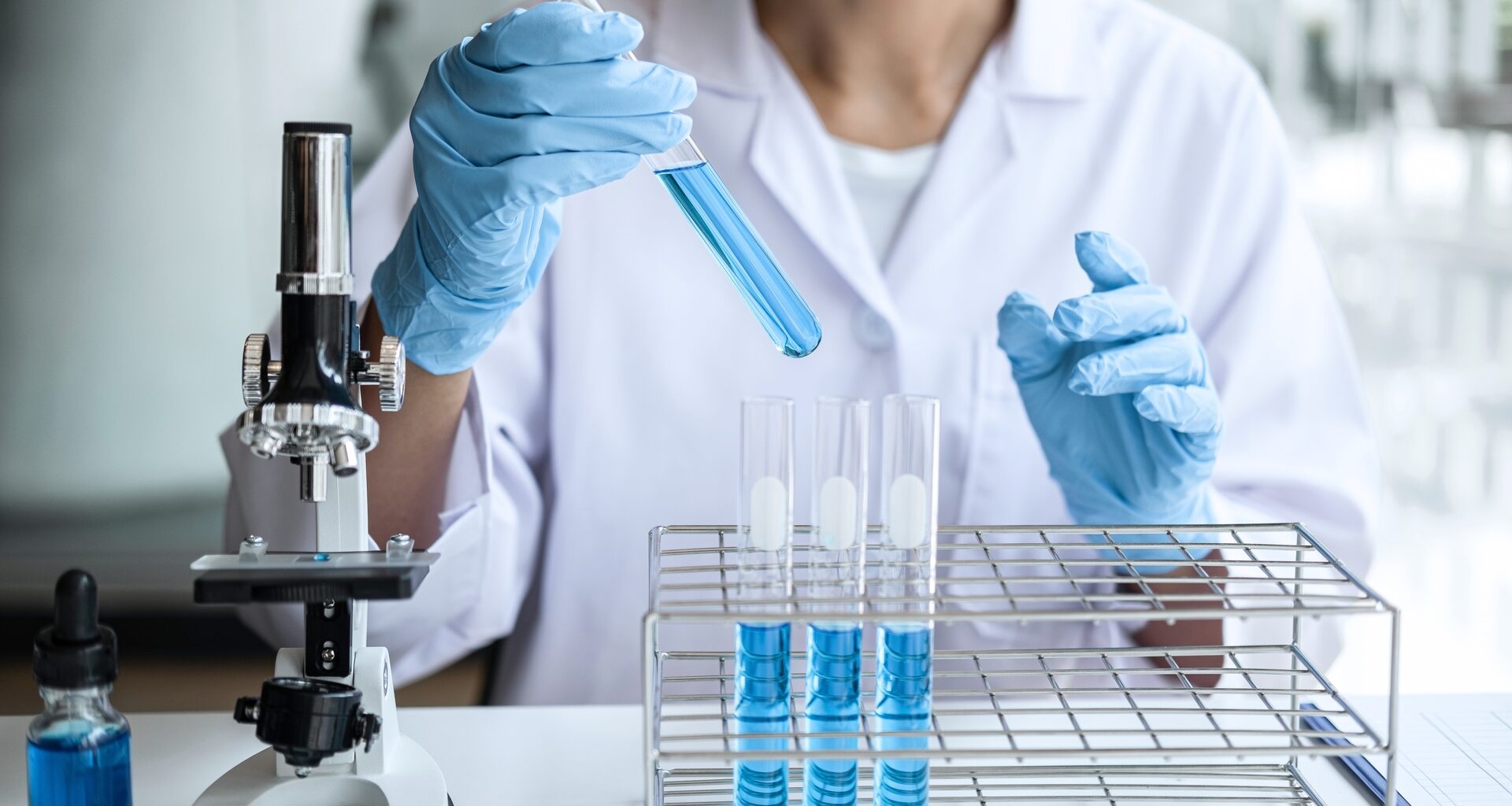Luxembourg’s National Health Laboratory (LNS) is looking to recruit 300 children and one parent each for a European study measuring chemical exposure, aiming to assess health risks and inform future protection policies.
Luxembourg is one of 24 EU countries taking part in the research under the Partnership for the Assessment of Risks from Chemicals (PARC). The goal of the study is to measure the extent to which both children and adults are exposed to certain chemicals in their daily lives.
According to information published on the LNS website, the study aims to assess the levels of potentially hazardous substances in the population. This data will then be used to help develop appropriate health protection policies.
People are regularly exposed to a wide range of chemical compounds in everyday life, some of which are known to be harmful. Certain pesticides and metals, for instance, have been linked to neurological issues.
Bisphenol-A, which can be found in plastic, is associated with disruptions to the thyroid and hormone regulation, explains Françoise Schaefers from the LNS. She adds that for other substances, more scientific data is still needed.
The purpose of the study is to build a clearer picture of how much exposure individuals actually face, so that authorities can put appropriate safeguards in place.
LëtzHBM survey
To achieve this goal, the LNS is aiming to recruit 300 participating children and their parents over the next 18 months. All participants must have resided in Luxembourg for a minimum of five years and be willing to contribute to the national survey, known as LëtzHBM.
A two-person team from the LNS will visit each participant’s home to complete a lifestyle questionnaire and collect samples of dust, water, and air from the household. They will also take biological samples, including blood, urine, and a lock of hair.
Schaefers explains that the researchers will be looking for traces of so-called ‘forever chemicals’, such as PFAS, as well as metals and plasticisers like Bisphenol-A.
Participants will receive the results of the environmental analysis carried out in their home. If any irregularities are found in the biological samples, the individuals concerned will be notified and provided with appropriate medical follow-up.
Follow this link to participate in the study.
Video report in Luxembourgish
